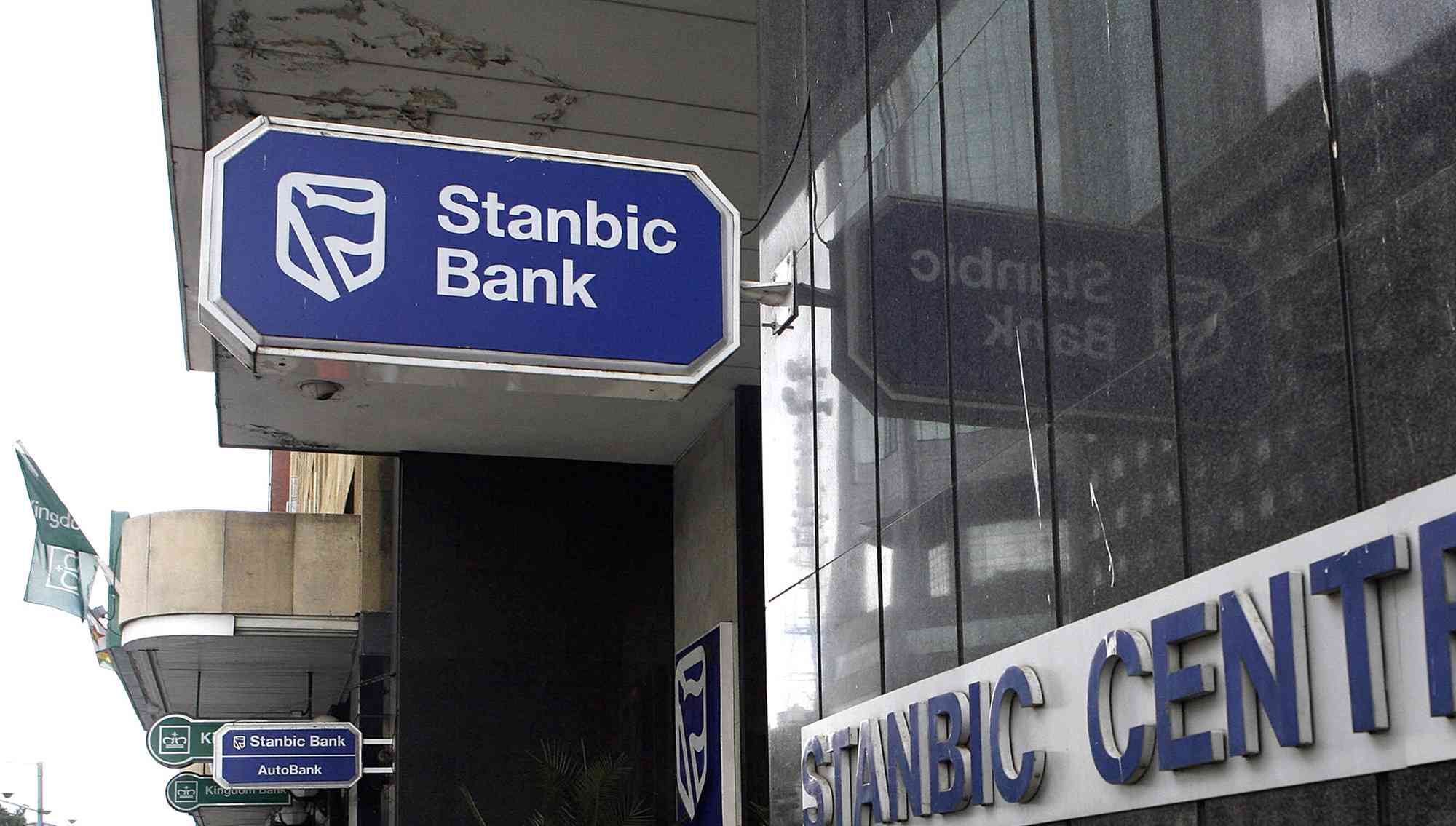
BEIJING – China’s top leaders have asked policy think-tanks to draw up their most ambitious economic reform proposals in decades that could curb the power of State firms and give more freedom to the setting of interest rates and the yuan currency.
Report by Reuters
But after almost 10 years of delay to painful structural reforms by the outgoing leadership, some of the authors of the proposals said they fear a nascent rebound in economic growth could derail the recommended agenda.
“China is approaching a stage when the government must embrace more fundamental reforms,” said Shi Xiaomin, vice-president of the China Society of Economic Reform, a think-tank under the National Development and Reform Commission, the top economic planning body.
China’s once-in-a-decade leadership change will be finalised next month at the ruling Communist Party’s 18th congress.
Vice-President Xi Jinping is set to take over from Hu Jintao as President and Li Keqiang will replace Wen Jiabao as Premier at the meeting, which opens on November 8.
The congress convenes as the economy heads for its weakest annual growth rate in at least 13 years after three decades of near 10% annual expansion in the wake of sweeping reforms launched by former leader Deng Xiaoping.
Reuters interviewed five policy advisers involved in drawing up the reform proposals. They said the order for the agenda came from members of the State Council, or Cabinet, although they declined to give specifics for fear of repercussions.
- Chamisa under fire over US$120K donation
- Mavhunga puts DeMbare into Chibuku quarterfinals
- Pension funds bet on Cabora Bassa oilfields
- Councils defy govt fire tender directive
Keep Reading
Significantly, planning sources said Cabinet members had signalled an interest in seeing proposals from policy advisers outside Beijing, in the provincial hinterland, implying that a nationwide consensus is being sought on the content and timetable for painful structural reform.
High on the list drawn up by the advisers is how to contain the government’s meddling in the economy and clip the wings of more than 100 000 State-owned enterprises which enjoy enormous privileges, including preferential access to bank lending and government contracts.
Other reforms include allowing the market to set the cost of bank credit, land and various natural resources.
Credit is currently basically allocated by the central government.
It tells State-backed banks how much to lend and when – mainly to other big state-controlled businesses and projects. Meanwhile all land and basic resources are owned by the State, with private ownership limited to temporary leased rights to usage.











